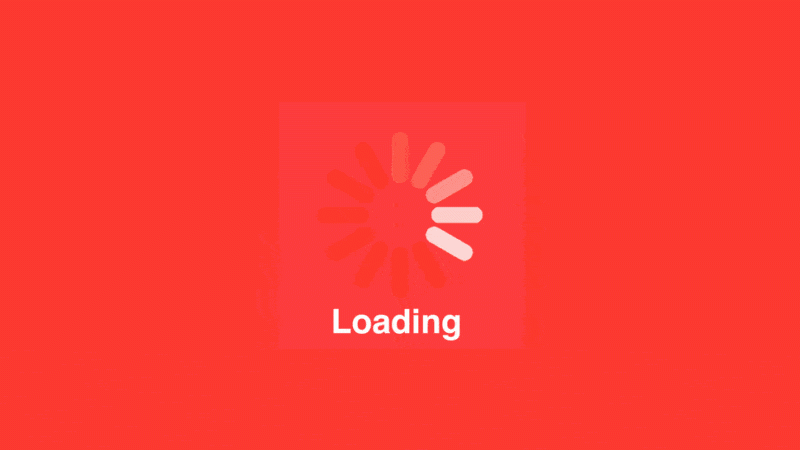007 First Light headlines our newest issue about the most anticipated games of 2026 and beyond. Subscribe now!
The FCC Votes To Repeal Net Neutrality

The Federal Communications Commission has voted 3-2 in favor of repealing net neutrality rules put in place two years ago. The rules in question prevent internet service providers from blocking, throttling, or prioritizing certain content, or requiring consumers or companies to pay a premium to have access to a "fast lane." The vote also removes Title II designation from the internet, which removes its classification as a "public utility."
The next step in the FCC's battle to repeal the net neutrality rules is likely to happen in court. If ultimately adopted, the changes won't take place overnight, but once the rules are removed, internet service providers will be free to experiment with new fees and new ways to bundle content on the internet. The changes could have sweeping implications for gamers, who have become substantially more reliant on the internet with the explosion of online gaming over the past 15 years, as well as ever-increasing download sizes. These changes could also drastically affect streaming services such as Hulu, Netflix, and Amazon Instant Video, among many other services.
Within minutes of the decision, numerous individuals and organizations expressed dismay, with some promising counter action. Netflix released a statement on Twitter, expressing disappointment. Attorney Generals from multiple states have announced plans to sue the FCC over the decision, while California Senator Scott Wiener has announced plans to introduce a bill in January that would make FCC rules a requirement in the state. "If FCC won’t protect free/open internet, we will," Wiener said in a tweet.
Our Take
With fewer restrictions on how companies can charge websites and consumers, these changes certainly prioritize the desires of internet service providers over consumers and websites. The vote today also occurred amid withering criticism from numerous corners who found fault with the FCC's period of public comment on the topic, widely believed to have been polluted by outside forces. With these new rules, internet service providers would be able to block its consumers from accessing competitors' apps, or throttle a streaming service if the service doesn't want to pay additional fees to the ISP. While the FCC will likely have to defend its decision in court, which could
prove to be its biggest fight, today's vote as it stands has profound and potentially devastating implications for the future of the internet.

Get the Game Informer Print Edition!
Explore your favorite games in premium print format, delivered to your door.
- 10 issues per year
- Only $4.80 per issue
- Full digital magazine archive access
- Since 1991









